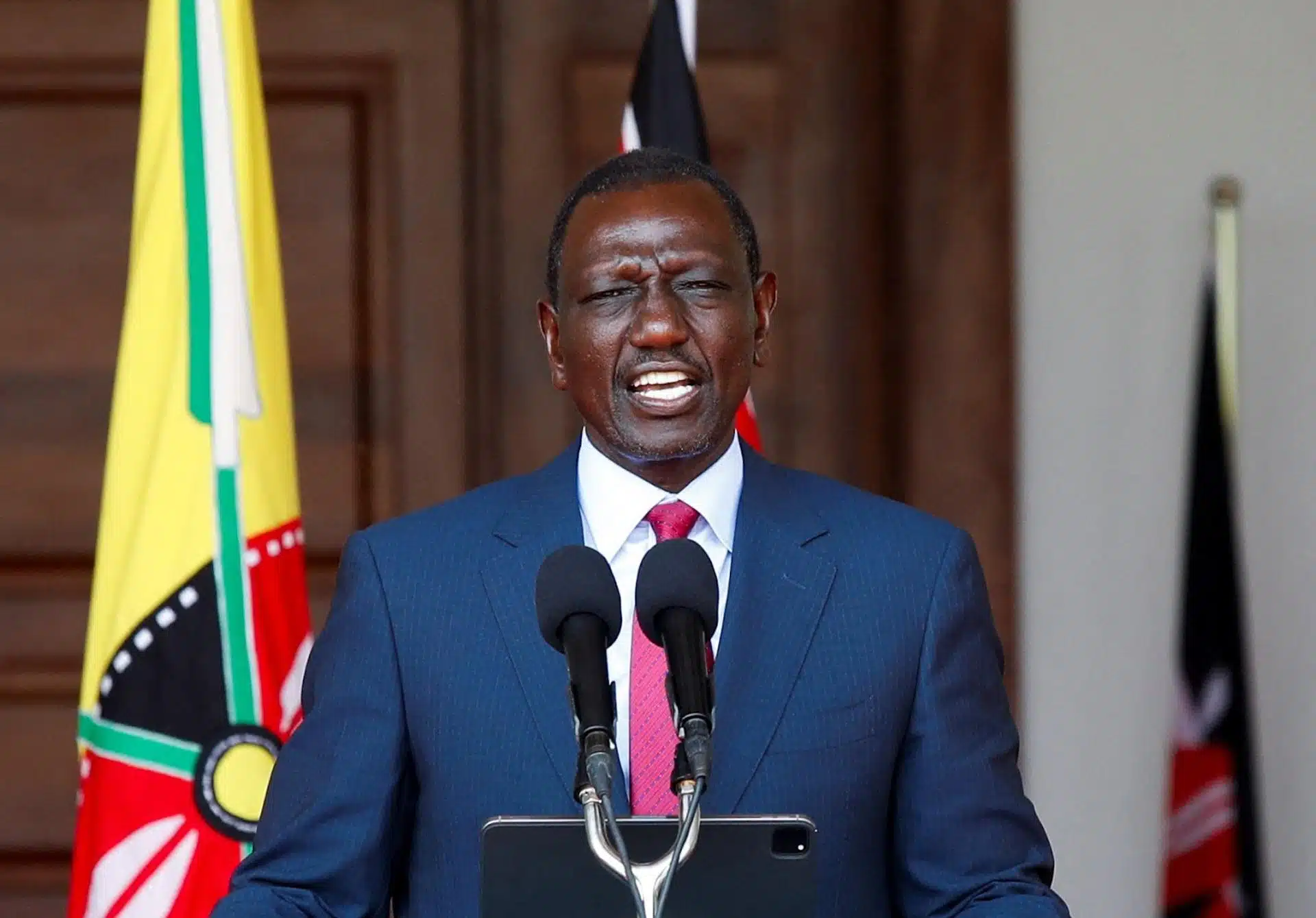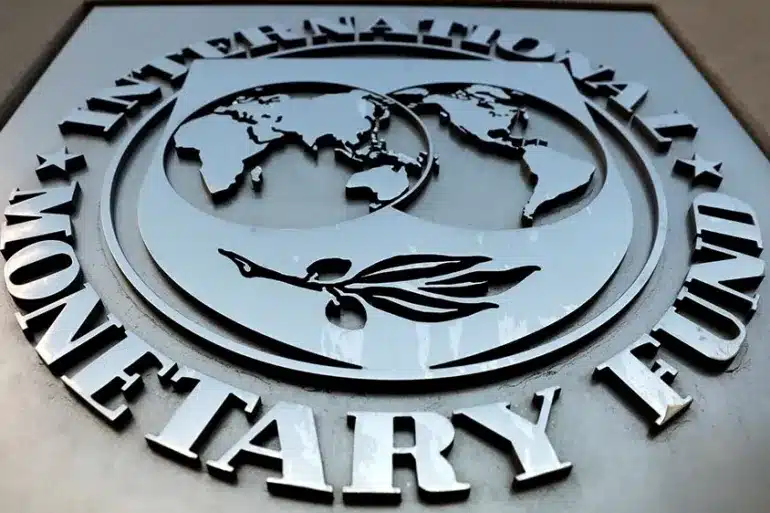The International Monetary Fund (IMF) has commended President Bola Tinubu’s tax reform bills, describing them as a significant step towards boosting revenue mobilisation and creating fiscal space for development spending while maintaining debt sustainability.
In a statement on Wednesday following the conclusion of its Article IV Consultation with Nigeria, the IMF praised the Nigerian authorities for advancing reforms aimed at reviving the economy. “We commend the authorities on advancing the tax reform bills, an important step towards enhancing revenue mobilisation and creating fiscal space for development spending while preserving debt sustainability,” the directors said.
The endorsement comes after Tinubu signed four landmark tax bills into law last week, aimed at modernising Nigeria’s outdated revenue framework.
The Washington-based lender also applauded the government’s decision to end deficit monetisation—borrowing directly from the central bank—and ongoing efforts to strengthen the independence and governance of the Central Bank of Nigeria. These steps, the IMF noted, are critical for establishing a credible inflation-targeting regime.
Additionally, the Fund welcomed reforms in the foreign exchange market, including measures that have improved price discovery and liquidity. However, it called for the implementation of a robust FX intervention framework designed to reduce excessive volatility, stressing that the exchange rate remains a critical shock absorber for the economy.
“Investor confidence has strengthened, helping Nigeria successfully tap the Eurobond market and prompting a resumption of portfolio inflows,” the IMF said. “At the same time, poverty and food insecurity have risen, and the government is now focused on raising growth.”
GDP growth forecast raised
The IMF projects Nigeria’s real Gross Domestic Product (GDP) will grow by 3.4% in 2025, driven by higher oil production, the commencement of operations at a major domestic refinery, and continued strength in the services sector. Medium-term growth is expected to average around 3.5%, underpinned by ongoing reforms despite global economic uncertainties.
Growth accelerated to 3.4% in 2024, mainly supported by increased hydrocarbon output and robust performance in services. However, agriculture remained weak due to persistent insecurity and declining productivity.
The IMF also noted an improvement in Nigeria’s external position. Both gross and net international reserves increased in 2024, supported by a strong current account surplus and higher portfolio inflows.
“Reforms to the FX market and targeted interventions have stabilised the naira,” the statement said. “Naira stabilisation, coupled with improved food production, helped bring inflation down to 23.7% year-on-year in April 2025, from an annual average of 31% in 2024, based on the backcasted rebased Consumer Price Index released by the National Bureau of Statistics.”
The IMF expects inflation to decline further over the medium term, aided by tight monetary policies and an anticipated easing of retail fuel prices.
Fiscal outlook improves, but risks remain
The Fund reported that Nigeria’s fiscal performance improved in 2024, with revenues boosted by naira depreciation, enhanced tax administration, and increased grants. These gains helped offset the impact of rising interest payments and higher overhead costs.
However, the IMF warned that downside risks have intensified amid heightened global uncertainty. A sharp decline in oil prices or a further increase in financing costs could undermine growth, fiscal stability, and the external balance. The Fund also flagged persistent security challenges as a significant risk that could further impact growth, exacerbate food insecurity, and fuel social instability.
Policy priorities for sustained growth
The IMF urged Nigeria to focus on strengthening security, improving the business environment by reducing red tape, and addressing critical infrastructure gaps, especially in electricity. It also emphasised the need to boost investments in health, education, and climate resilience while tackling barriers to private sector credit to support growth, job creation, and long-term economic stability.











